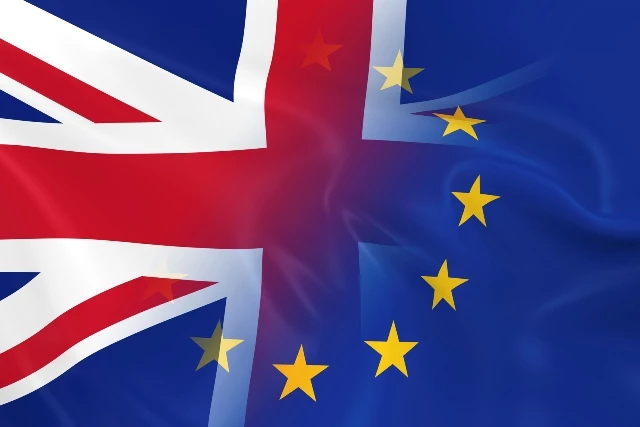
Partner Article
Brexit: Back it or Battle it, Businesses are Missing a Trick if They Don’t Go Global
The long-contested separation between Britain and the EU is nearing its conclusion, and deal or no deal, at 11pm March 29 2019, the UK is still scheduled to leave the bloc. Brexit has been heralded as everything from the biggest political blunder in modern day British history, to, in the words of Boris Johnson, an amazing opportunity to ‘maximise the particular advantages of the UK as an open, outward-looking global economy.’
Back it or battle it, Brexit is happening and despite the widespread fears that accompany it, it has led to most businesses considering new opportunities inspired by local and global change, including new markets and international expansion.
So how can existing British companies, and indeed European companies already suffering low cross border trade volume look to tap into other markets, and truly go global? And how can new companies go global from day one?
-
Think globally. If you increase your market substantially, the world is your oyster. Look at WhatsApp – if it had just focused on the US market, it would have failed as it initially grew fundamentally through international means. There are people with needs all over the world and there are different conditions in each market, but the fundamental gist is this: if you can have a market of 3.5 billion people, why would you focus on a market of only 300 million?
-
Translate your website and app into the languages of the countries you want to target, and get some website analytics in place. The earlier you do this the better, as it will enable to you to determine where people are responding to your message, and will dictate what languages you should focus your efforts on.
-
Translate your blogs and newsletters. This is an important next step, as it will allow you to begin prospect and customer marketing, while also making your site a go-to news source. It may also be time to consider whether you want to go beyond translation, to develop topical local content. For example, if you’ve got offices in different locations, you may choose to use your blog to write about what matters to customers in different locations.
-
Prepare for the needs of your global customers. Customer service is probably the most important part of going global, and it usually means evolving your customer service platform so that you can easily provide customer service in multiple languages, and so that you can ensure a consistent customer experience in a highly competitive global market. This means establishing a technological intermediary so that messages can be sent and received in a customer’s native tongue and so that customer support emails, and live chats. It should also mean globalising your self-help resources, including chat bots, so that customers can help themselves in their preferred language.
-
Video is also key. Most people consume video on their phones without sound, but there is technology that is fast enough for almost-real-time video subtitling. If you can provide subtitle in different languages, think of the huge global market you’ll be tapping.
These are only a few of the steps many businesses are taking in a departure from ‘business as usual’ as they prepare for Brexit. It’s also important to note that most are taking advantage of automation, AI and Machine Learning technologies to make these digital transformations happen quickly and efficiently rather than attempting manual translation and stop gap measures to customer service.
While the ‘Beware of Brexit’ backlash lingers, there’s a bright light at the end of the tunnel for businesses looking to accommodate change to globalise, and a ready-made landscape of opportunity for new businesses looking to go global from day one.
This was posted in Bdaily's Members' News section by Vasco Pedro .






 A legacy in stone and spirit
A legacy in stone and spirit
 Shaping the future: Your guide to planning reforms
Shaping the future: Your guide to planning reforms
 The future direction of expert witness services
The future direction of expert witness services
 Getting people into gear for a workplace return
Getting people into gear for a workplace return
 What to expect in the Spring Statement
What to expect in the Spring Statement
 Sunderland leading way in UK office supply market
Sunderland leading way in UK office supply market
 Key construction developments in 2025
Key construction developments in 2025
 Mediation must be part of planning process
Mediation must be part of planning process
 From apprentice to chief financial officer
From apprentice to chief financial officer
 Don't stifle growth with apprenticeship cuts
Don't stifle growth with apprenticeship cuts
 The start-up landscape: What lies ahead in 2025
The start-up landscape: What lies ahead in 2025
 JATCO adds welcome drive to automotive sector
JATCO adds welcome drive to automotive sector